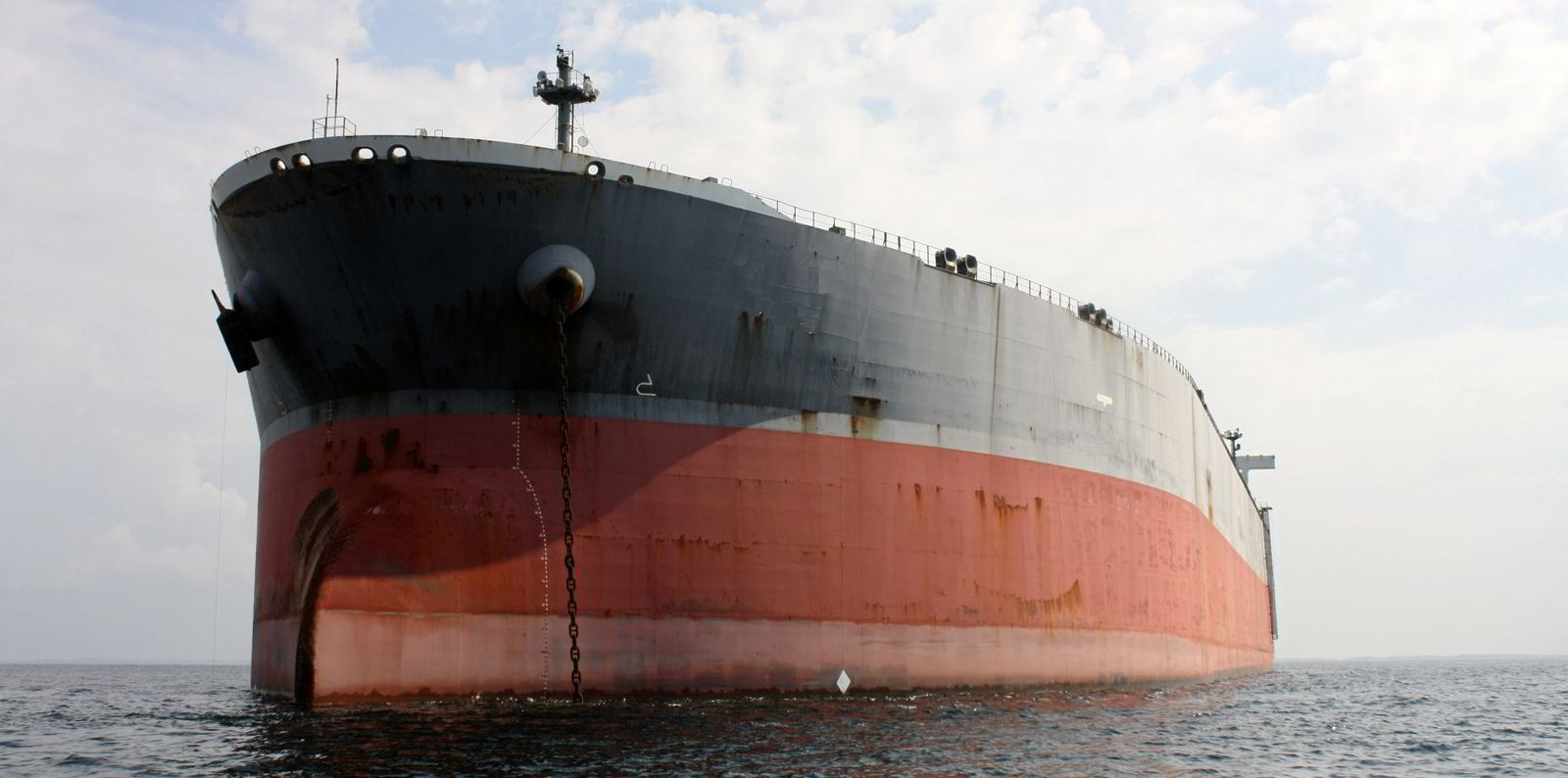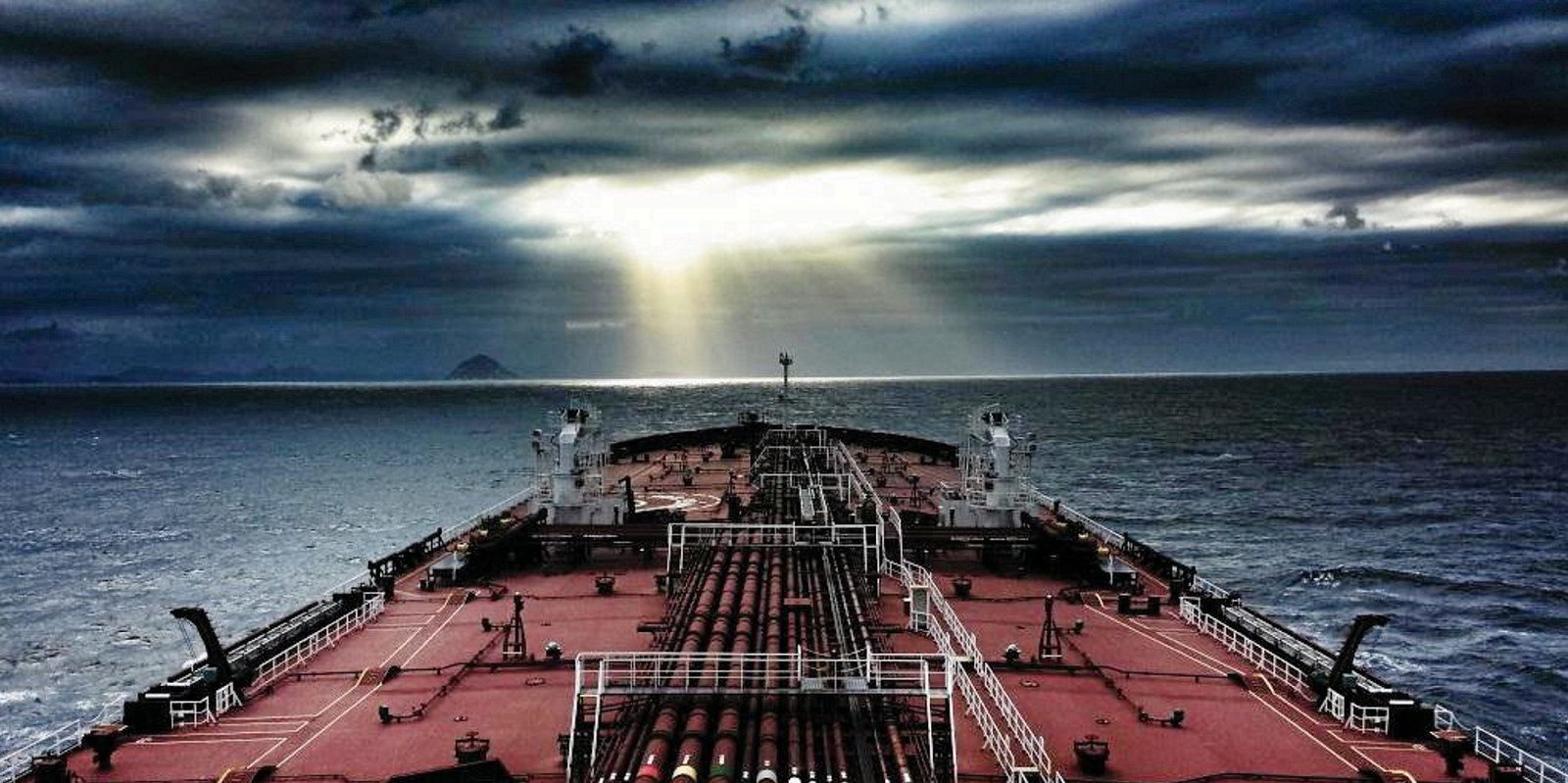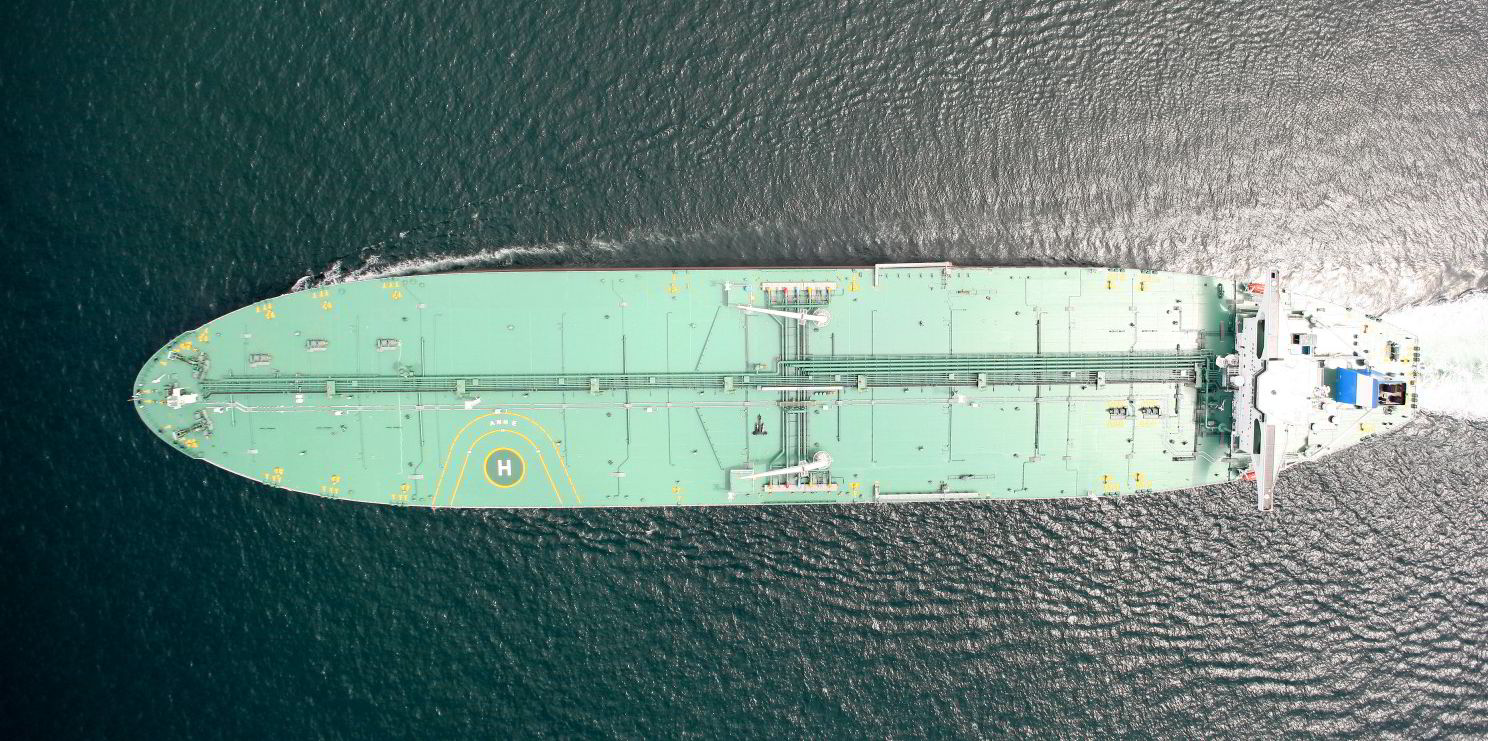Crude oil in floating storage around the world has eased from the 2022 peak as more Iranian crude has exited storage, says S&P Global Market Intelligence.
The 2 July 2022 figure is down from the 112.5m barrels in the third week of May. S&P defines crude in floating storage as that which has been on vessels that have been idle for at least 15 days.
“Floating storage volumes of Iranian crude have levelled off to 62.8m barrels from almost 71m barrels in mid-May,” the rating agency said.
“This is after 19m barrels came out of floating storage over the period, with only 10m barrels of new cargoes entering storage.”
S&P said total crude shipments from Iranian ports surpassed 940,000 barrels per day (bpd) in June, recovering from less than 610,000 bpd shipped in May, while the country’s production is understood to have remained above 2.5m bpd according to Opec.
Yen Ling Song, associate director at S&P Global Market Intelligence said that Iran is targeting further increases in production and exports.
This is amid expectations that Washington will allow more sanctioned Iranian oil onto global markets, despite the absence of a nuclear deal, to help mitigate the oil supply crunch, the analyst added.
S&P said Venezuela has been the other major source of crude oil held in floating storage with more than 8m barrels carried on seven ships not moving for at least 15 days.
“This has decreased significantly from an average of 11m barrels in April and May with most of these barrels located either in the Far East or Indian Ocean,” the rating agency said.
It added that there are nearly 23m barrels of crude in floating storage classified as “unknown grades”, mostly because these were loaded via ship-to-ship transfer from vessels with the AIS signals of one or both tankers turned off at the time of transfer.
“They likely consist of Iranian, Venezuelan origin crude or other blended crudes,” S&P said.
“Venezuelan crude in storage will likely decline in the coming weeks as the country’s exports have remained lower than usual in the last couple of months,” said Yen.
“Moreover, Italy’s Eni and Spain’s Repsol have been allowed to import Venezuelan crude for the first time in two years, as the US decided to ease its sanctions on Venezuelan cargoes.”
Separately, S&P said there is currently no Russian crude observed to be in offshore storage despite restrictions imposed on Western buyers as producers have managed to diversify outlets into Asia.





